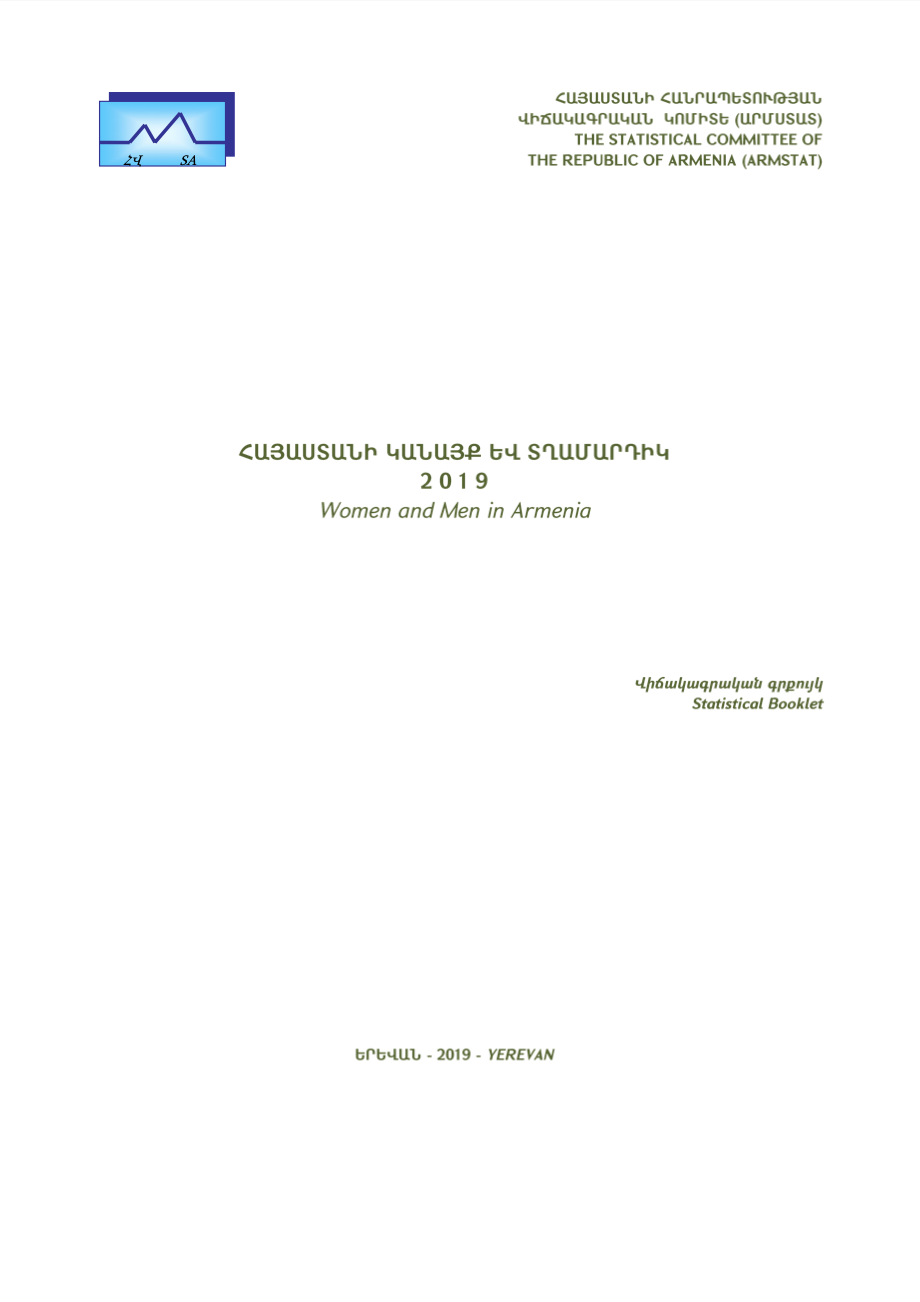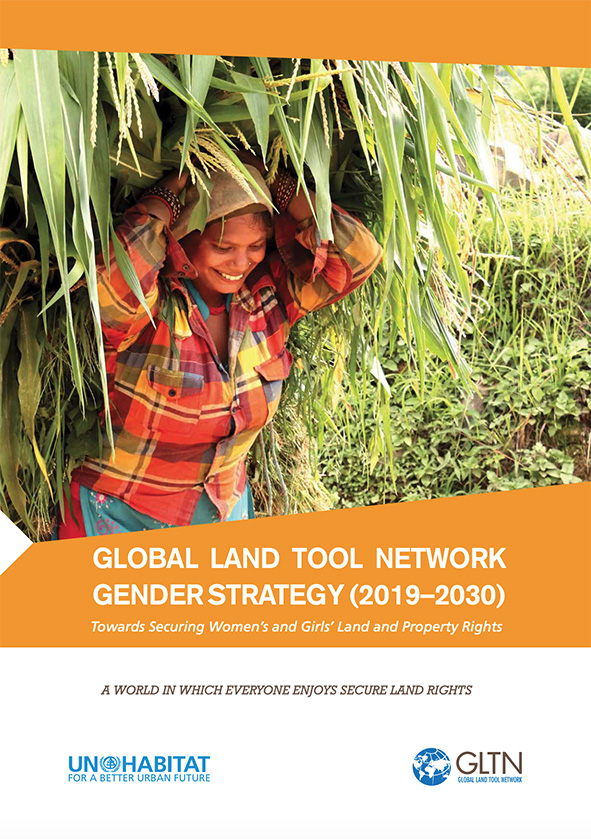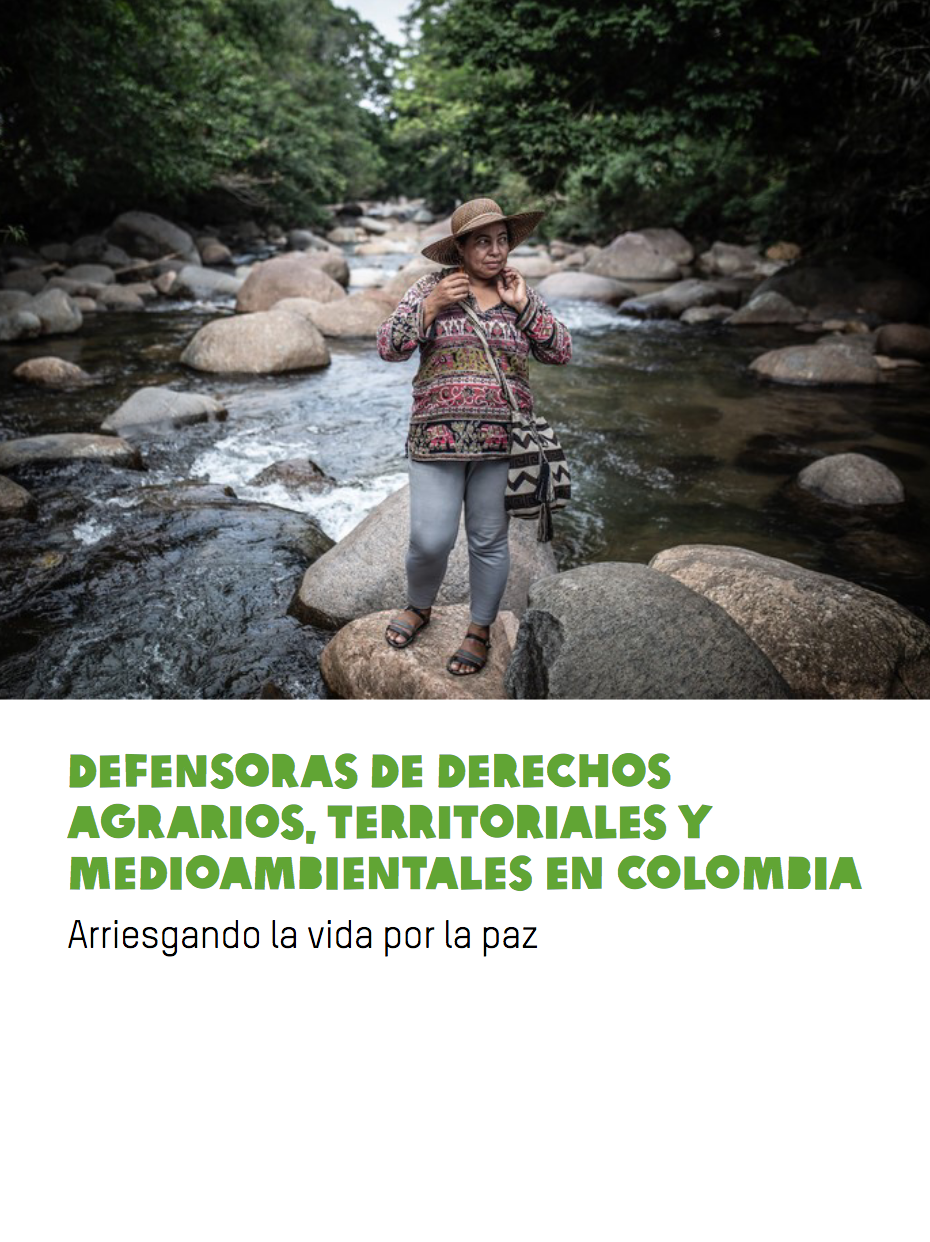Land-Drought Nexus: Enhancing the Role of Land-Based Interventions in Drought Mitigation and Risk Management. A report of the Science-Policy Interface
This UNCCD-SPI technical report provides well-established scientific evidence for understanding the strong linkages between land use and drought and how management of both is connected through water use. It introduces a new concept of Drought-smart land management (D-SLM) and organizes relevant approaches and practices in fourteen groups across four major classes of land use.








